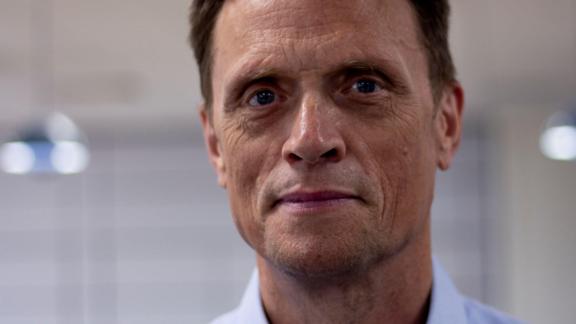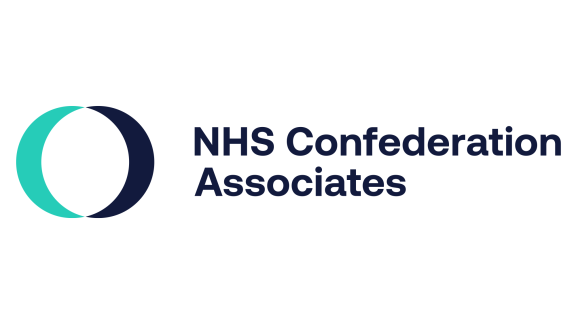A compromise between politicians and junior doctors could avert major disruption to the NHS

Politicians and juniors doctors have a chance to prevent major disruption across the NHS if they can pledge to open pay talks after the election, senior health leaders have said.
The NHS Confederation is calling on the main political parties to promise to re-open negotiations with junior doctors within 10 days of forming a new government. In return for this pledge the British Medical Association (BMA) would then call off its planned strikes.
This compromise would not only avert disruption across the NHS but also prevent thousands of patients having their treatments or appointments cancelled during the five-day walk-out from 27 June to 2 July.
Industrial action has had a huge impact on the NHS over the last 18 months, leading to 1.4 million appointments and operations being cancelled at an estimated cost to the health service of around £3 billion.
Matthew Taylor, chief executive of the NHS Confederation, is urging the main political parties to commit to further negotiations so the BMA can agree to suspend the planned strikes.
He said: “The BMA Junior Doctor Committee’s (JDC) behaviour in calling these strikes because the mediation process between them and the Sunak administration had to be put on hold due to the election has caused real consternation. Holding strikes in the middle of an election campaign may be an effective way to get publicity, but no political party is in a position to bring these long-running dispute to a close until a new government is formed.
“Most other public sector workforces have found a way to work with government to resolve their disputes. The BMA JDC must find a meaningful compromise with whoever forms the next government because of the huge impact these strikes are having on the NHS and above all patients.
“Having to cancel and reschedule appointments and cover rota gaps is incredibly expensive and time consuming for NHS leaders and their teams when they are trying to improve performance and drive down waiting lists. Industrial action has cost the NHS an estimated £3 billion over the last 18 months at a time when systems are battling with an increasingly tight financial envelope. Our recent survey of NHS leaders found that they are having to consider drastic measures to make ends meet.
“Patients are also left waiting for their treatments to be rescheduled, often in pain and discomfort and sometimes with poorer outcomes.
“The last thing health leaders and their teams want is more disruption when they are working flat out to improve performance and drive down waiting lists. Some good progress has been made coming out of a very difficult winter but this industrial action risks throwing that off course.
“We urge politicians of all stripes – who may have friends, family or constituents relying on the NHS – to pledge to open talks with the BMA within 10 days of taking office and in return, we call on the BMA to respond by halting this planned disruption. If they can compromise it will be at least one positive thing to come out of this election campaign.”
Even if the BMA does not call off its planned strikes, all parties should pledge to engage formally with the BMA within the first 10 days of their forming a new government. However, a commitment from the parties to resolve the dispute should they win the election should not be something that the BMA overlooks at this stage given the disruption the strikes so far have caused.
About us
We are the membership organisation that brings together, supports and speaks for the whole healthcare system in England, Wales and Northern Ireland. The members we represent employ 1.5 million staff, care for more than 1 million patients a day and control £150 billion of public expenditure. We promote collaboration and partnership working as the key to improving population health, delivering high-quality care and reducing health inequalities.



